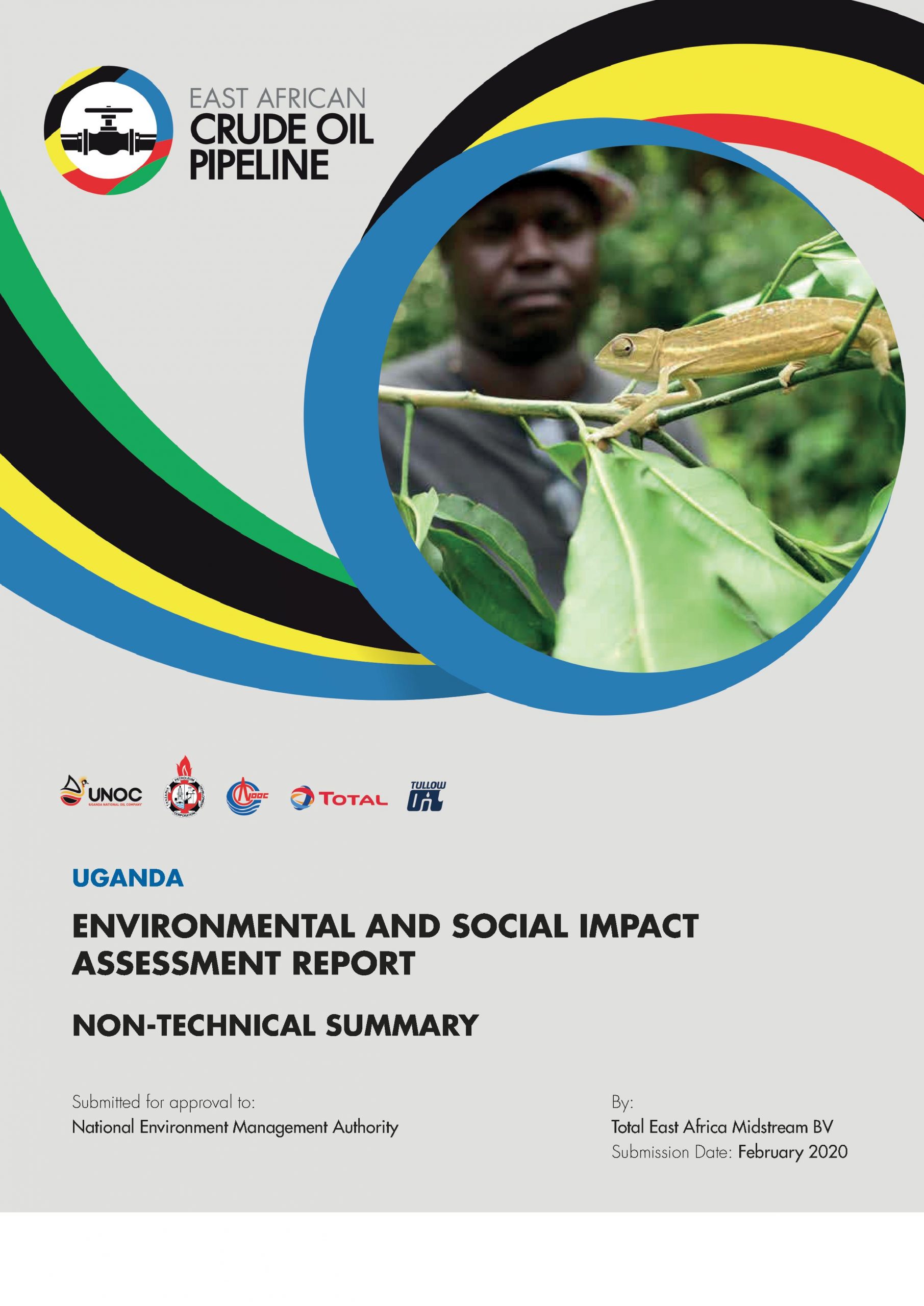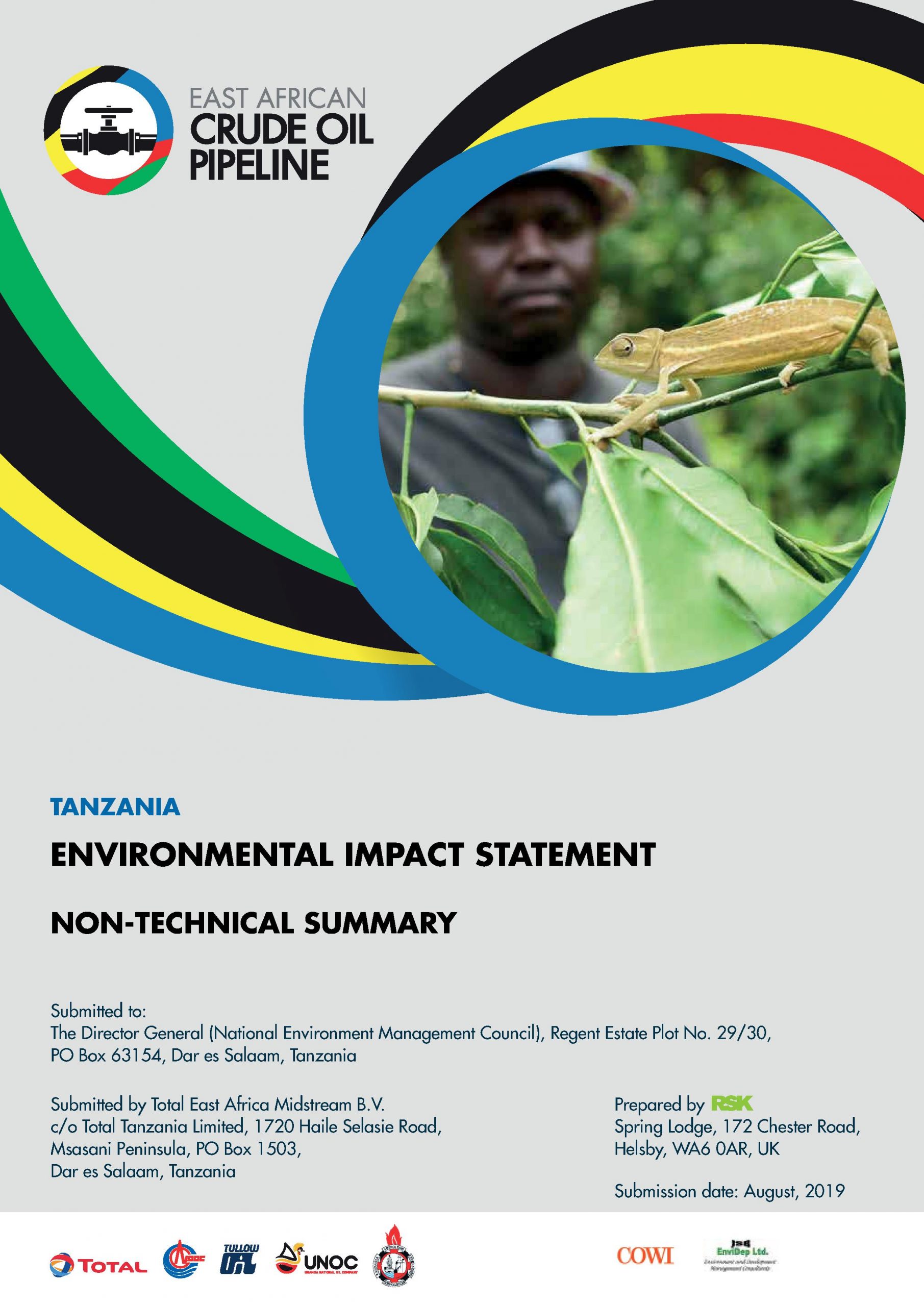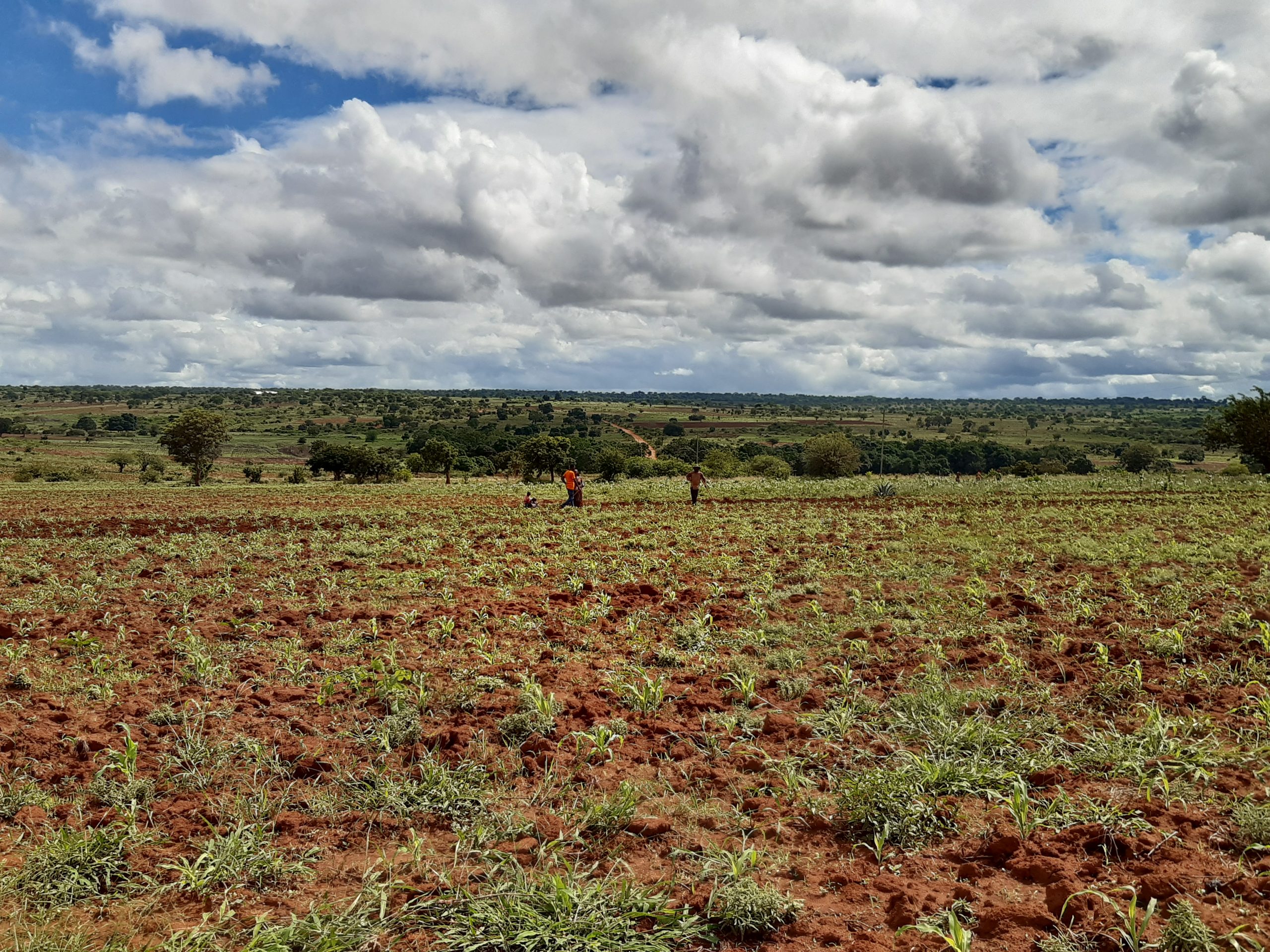
The East African Crude Oil Pipeline (EACOP) project in Uganda not only complies with national regulatory requirements but also adheres to international environmental and social standards, specifically the Equator Principles and the International Finance Corporation (IFC) Performance Standards. These standards serve as a global framework to identify, assess, and manage environmental and social risks in projects. The Environmental and Social Impact Assessment (ESIA) process is used to evaluate potential adverse impacts, develop mitigation measures, and establish an Environmental and Social Management Plan (ESMP). EACOP collaborates with environmental and social experts throughout the ESIA process, ensuring compliance with national regulations and international best practices, including the IFC Performance Standards. The project engages with various stakeholders at the national, district, and local levels, including non-governmental organizations, to assess impacts and identify mitigation measures. Ongoing engagement and monitoring are conducted to capture new developments in the social landscape. Additional studies, including a critical habitat assessment, are undertaken to enhance understanding of the environmental and social elements along the pipeline route in Uganda.

The East African Crude Oil Pipeline (EACOP) project in Tanzania ensures compliance with both national and international environmental and social requirements. It aligns with the Equator Principles and the International Finance Corporation (IFC) Performance Standards, serving as a global framework for managing environmental and social risks in projects. The Environmental and Social Impact Assessment (ESIA) process is utilized to assess and predict potential adverse impacts, develop suitable mitigation measures, and establish an Environmental and Social Management Plan (ESMP). EACOP collaborates with local experts and engages with stakeholders at the national, district, and local levels, including non-governmental organizations, throughout the ESIA process. Additionally, the project conducts additional studies, such as a critical habitat assessment, to enhance its understanding of the diverse environmental and social elements along the pipeline route in Tanzania.

Since 2020, the group of potential lenders to the EACOP project have retained consultants to carry out environmental and social due diligence (ESDD) of the project. This Lenders’ Environmental and Social Consultant (LESC) assesses and reports on EACOP compliance with lender environmental and social standards including the International Finance Corporation (IFC) 8 Performance Standards (PSs). The ESDD is undertaken through a combination of document review, site visits and interviews with EACOP and stakeholders plus identification of environmental and social risks and impacts that the Project could generate during the construction and operation phases. This document, prepared by the LESC, is a Non-Technical Summary (NTS) of the ESDD process so far to provide an easily understandable summary of the information included in the ESDD reports.
Since the early stages of the Environmental and Social Due Diligence process that commenced in 2020, EACOP has made significant progress in all the ESHS areas reviewed and no “red flags” have been identified. EACOP is working on some additional studies to address the remaining gaps identified and is on track to meet Lenders’ requirements by mid-2023 before the start of major construction activities. Lenders’ Environmental and Social Consultant(LESC) Team Director
Download Report

As recommended in the Provisional Human Rights Impact Assessment (HRIA) 2018 report, an assessment of EACOP’s Human Rights Due Diligence (HRDD) was undertaken in 2022.
The primary objective of this HRDD was to provide a comprehensive review of any potential and actual human rights impacts related to the current country context (Uganda and Tanzania) and construction phase of the EACOP Project and to provide recommendations further strengthening the EACOP Project’s HRDD measures for the construction phase of the EACOP Project.
The report includes three discrete but related components, namely:
- Part One: is an overview of EACOP’s approach to HRDD and the management system that has been created to support ongoing HRDD: a Human Rights Policy, a cross-functional internal Human Rights Steering Committee, the elaboration and implementation of a Human Rights Action Plan and the recruitment of internal and external human rights experts.
- Part Two: provides an update on the prior Provisional Human Rights Impact Assessment carried out in 2018. Through a process of internal and external consultation and stakeholder engagement, the eight main salient human rights issues prioritized in the HRIA 2018 validated with clarifications regarding were validated with clarifications regarding additional attention on grievance mechanisms as a cross-cutting issue.
- Part Three: is an overview of EACOP plans and commitments for ongoing monitoring and reporting on human rights, including a Human Rights Action Plan framework that integrates the
recommendations for ongoing HRDD across all relevant departments and management plans.
What is most notable about EACOP’s work on human rights is the shift from an approach that was focused on the HRIA to one that is now framed squarely as ongoing Human Rights Due Diligence. In this regard, the Project has developed a strong governance and management system to oversee the implementation of a Human Rights Action Plan within all the key departments that are relevant to address the Project’s salient human rights issues. Although the EACOP Project has a great deal of international attention, it also is recognized by local human rights observers that it is developing one of the strongest approaches to ongoing Human Rights Due Diligence when compared to other companies in Tanzania and Uganda. There are many challenges to come as the Project enters the construction phase, but it has demonstrated a systematic and proactive approach to being prepared to manage them in a responsible manner. EACOP Human Rights Advisor Lloyd Lipsett, founder of LKL International Consulting Inc.

The EACOP Plan for Vulnerable Ethnic Groups self-identifying as Indigenous Peoples was signed in September 2022 by EACOP, the traditional leaders of four Vulnerable Ethnic Groups self identifying as Indigenous Peoples affected by the EACOP Project, NGOs supporting these communities and expert advisers.
It brings together in one document several years of dialogue with affected community members and their traditional leaders and describes the commitments EACOP has made to foster respect for the human rights, dignity and culture of Vulnerable Ethnic Groups self-identifying as Indigenous Peoples impacted by the Project.
Download Report – EnglishDownload Report – Swahili

In July 2022, EACOP and the representatives of the Akie community of Napilikunya Street, Kimana Village in Kiteto District, signed a Free Prior and Informed Consent (FPIC) agreement, one of the first of its kind in Tanzania.
This FPIC agreement is an expression of EACOP’s culturally appropriate engagement and impact management which respects national and international human rights’ standards.
It is an expression of the community’s acceptance of and consent to EACOP activities in their community.
